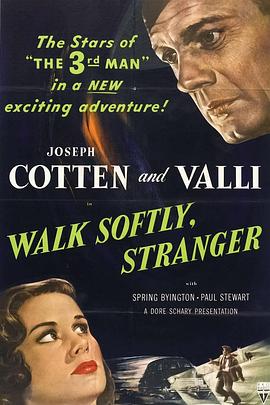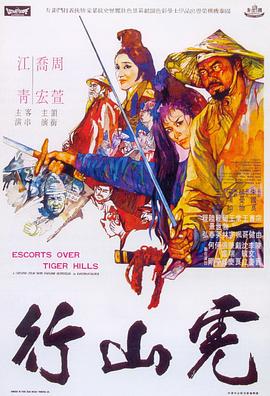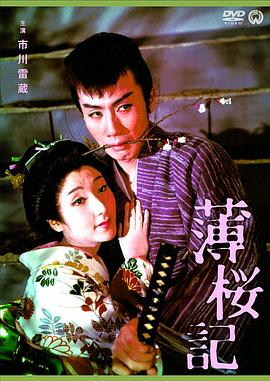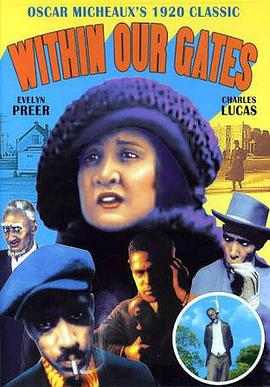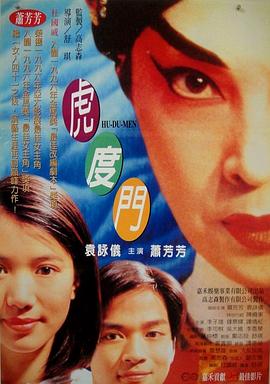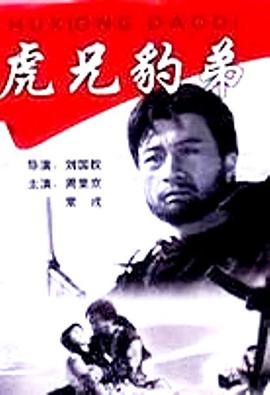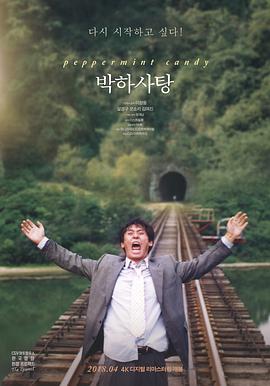Wu Port, formerly a military port of the Imperial Army, became a living hell for dock workers after the war. Under the double torment of exploitation [Expand All]
Wu Port, formerly a military port of the Imperial Army, became a living hell for dock workers after the war. Under the double torment of exploitation by capitalists and a dull life, the restless young life plunged headlong into the maelstrom of violence, delaying growth and seeking temporary anesthesia in fighting, gambling and heavy drinking all day long. Yoshida Yoshige, through the eyes of a foreman, made a half-hearted criticism of the unreasonable social reality, which is regarded as one of the representative works of the Japanese New Wave. Miko Koyama plays a naive tavern girl who sympathizes with the workers but is brutally raped. Positive and negative energies compete and interpenetrate in the great era. Is there a place that transcends right and wrong, right and wrong? At the end of the film, there is a farewell scene at the railway station. Between home and society, Yoshida Yoshida makes a left-wing choice. One of the key films ushering in the Shochiku New Wave era, this raw tale of migrant laborers at a post-war naval base simmers with youthful outrage. Responsible shipyard worker Shimazaki (Hayakawa) is put in charge of new recruits from Osaka. The immature gang quickly finds trouble drinking, gambling, and fighting, and eventually trespassing against what Shimazaki holds most dea[Collapse]



